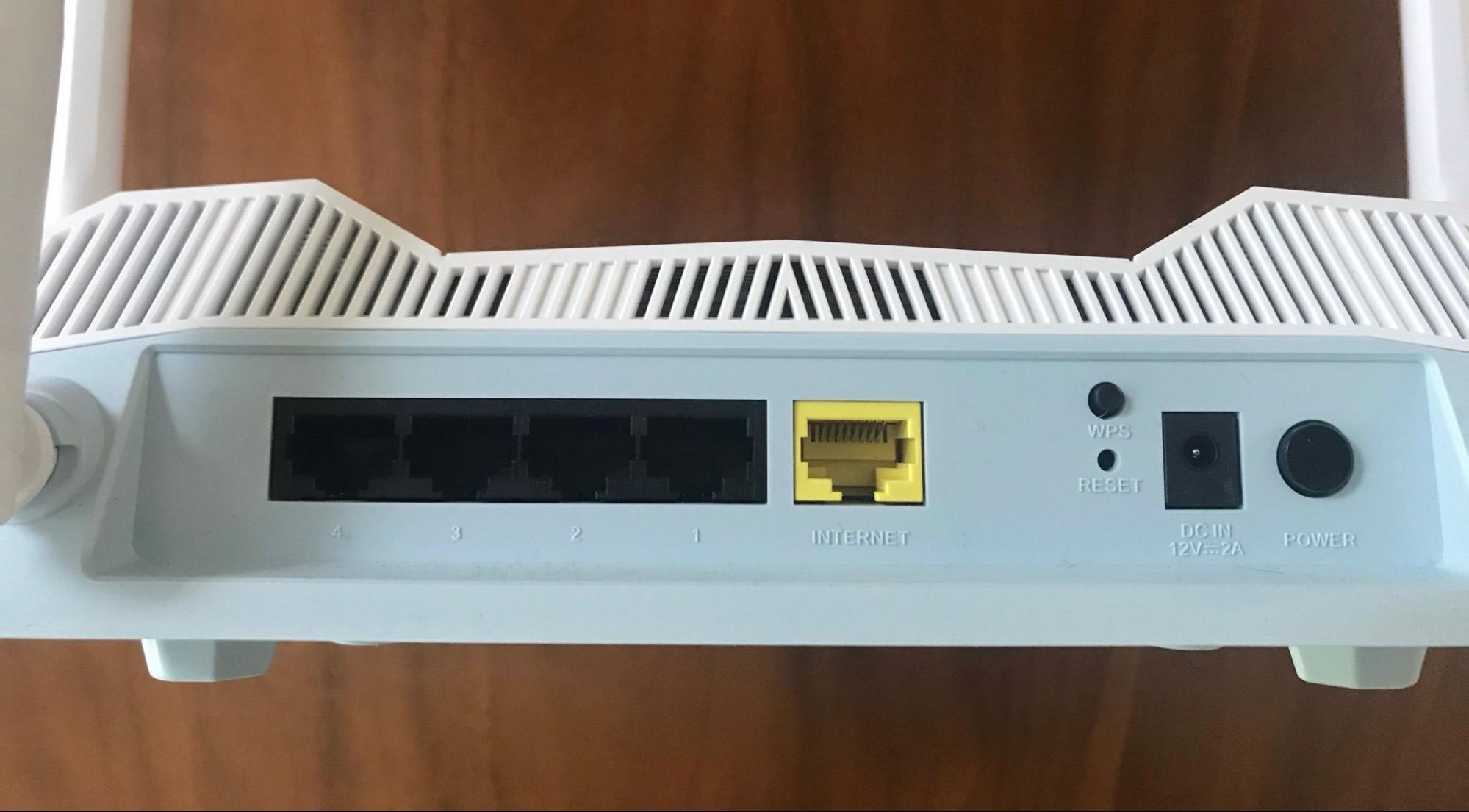
Members of the OpenWRT project, one of the legendary pioneers of open source networking firmware, are finalizing the hardware features for the 'OpenWrt One' routers. The group conducted a poll with its members and drafted hardware specs, which will be based on a MediaTek SoC (System on Chip) and Wi-Fi chip. The idea of having a router came at the same time the community announced it had been twenty years since its first open-source router firmware was released.
Once the features and hardware are finalized, OpenWrt intends to work with Banana Pi to manufacture and distribute the routers. This would make it an easier process as OpenWrt can work on the router design and firmware while the manufacturer can seek the necessary FCC/EC/RoHS compliance and produce the hardware for distribution to retail channels.
OpenWrt hopes that part of the revenue from these sales will be forwarded as a donation towards its Software Freedom Conservancy project and fund various other ventures.
Proposed Hardware and Features
- SOC: MediaTek MT7981B
- Wi-Fi: MediaTek MT7976C (2x2 2.4 GHz + 3x3/2x2 + zero-wait DFS 5Ghz)
- DRAM: 1 GiB DDR4
- Flash: 128 MiB SPI NAND+ 4 MiB SPI NOR
- Ethernet: 2x RJ45 (2.5 GbE + 1 GbE)
- USB (host): USB 2.0 (Type-A port)
- USB (device, console): Holtek HT42B534-2 UART to USB (USB-C port)
- Storage: M.2 2042 for NVMe SSD (PCIe gen 2 x1)
- Buttons: 2x (reset + user)
- Mechanical switch: 1x for boot selection (recovery, regular)
- LEDs: 2x (PWM driven), 2x ETH Led (GPIO driven)
- External hardware watchdog: EM Microelectronic EM6324 (GPIO driven)
- RTC: NXP PCF8563TS (I2C) with battery backup holder(CR1220)
- Power: USB-PD 12-25V on USB-C port (optional 802.3at/af PoE via RT5400 module)
- Expansion slots: mikroBUS
- Certification: FCC/EC/RoHS compliance
- Case: PCB size is compatible to BPi-R4 and the case design can be re-used
- JTAG for main SOC: 10-pin 1.27 mm pitch (ARM JTAG/SWD)
- Antenna connectors: 3x MMCX for easy usage, assembly and durability
- Schematics: these will be publicly available (license TBD)
- GPL compliance: 3b. "Accompany it with a written offer ... to give any third
party ... a complete machine-readable copy of the corresponding source code" - Price: aiming for below 100$
The proposed OpenWRT One specification sees a MediaTek MT7981B SoC and an MT7976C 5GHz Wi-Fi chip, two ethernet ports (2.5G and 1G) with 1 GiB DDR4 memory, and an internal M.2 slot for a 2042 NVMe SSD. Its hardware specifications are taking shape rather nicely, but its features are reportedly not yet finalized. Some members have proposed USB-PD 12-25V and PoE and three MMCX antenna connectors. One of the project goals is to keep the price tag under $100. To keep the device secure, the OpenWrt One will use two flash chips to allow a main loader (NAND) and a (NOR) write-protected firmware recovery.
There's no official release date for such a wireless router yet. However, the process to finalize the features is still underway. Coming up with features for a wireless router within $100 is understandably no easy task. Since this is community-driven, there will be some back and forth between certain ideas and implementations before finalizing the product. Expectations are high; some members have donated to develop the OpenWrt firmware. Other members question the hardware choices, such as having an M.2 2042 NVMe storage.
The Industry's History with Open-Source Router Firmwares
OpenWrt's firmware implementation has not always been smooth sailing. In the past, companies, including Cisco, for example, have released routers whose hardware was restricted to deter its firmware from being replaced with a Linux-based alternative. Many users at the time were not happy with Cisco's decision to force its buyers to stick with its proprietary firmware, forcing them to re-consider and market the community-friendly WRT54GL router. Some were less accommodating, such as TP-Link, which blocked OpenWrt installation. Belkin-owned Linksys so far allows open-source firmware like OpenWrt and Tomato.
Once the hardware manufacturing and distribution begin, OpenWRT One will still have some challenges. OpenWrt and Banana Pi wouldn't be the first to make open-source routers. Turris is a company that makes open-source routers. A few years ago, they crowd-sourced funds for its Omnia routers.
DD-WRT sells routers with pre-flashed firmware and two license packs. Asus also developed custom-made firmware exclusive for its routers while retaining some of its in-house features like AiCloud and AiProtection. Regardless, it wouldn't have happened without the foundation put there by OpenWrt. Some would argue this is overdue, but many welcome OpenWrt's decision to branch out hardware.
OpenWrt firmware was first made for WRT54G and continued to be made for a few other routers, with some clashes with the FCC and some router manufacturers along the way.







